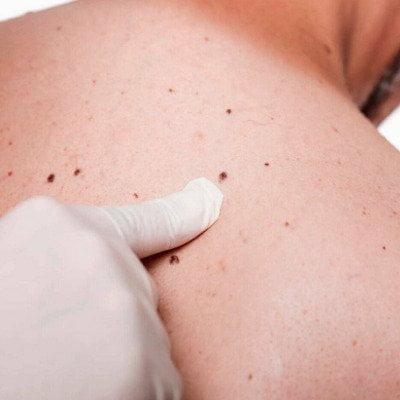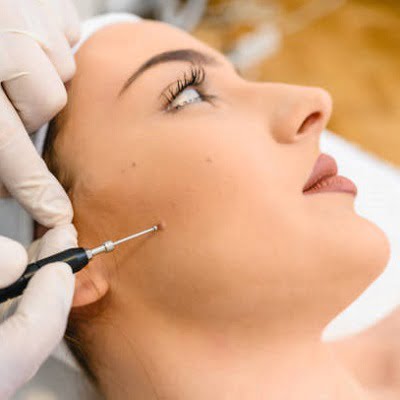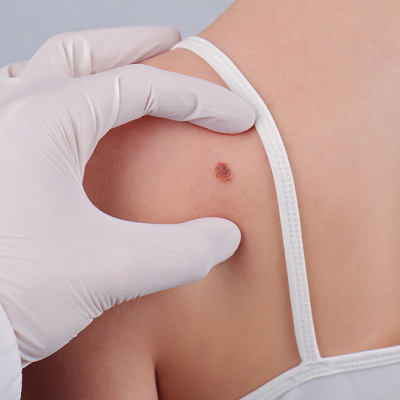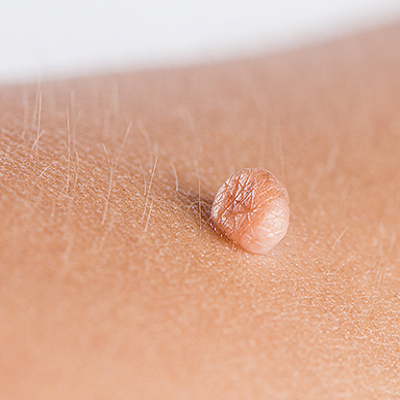
Skin tags are small, harmless growths that commonly appear on the skin’s surface. While they may not pose any serious health risks, they can be a cause of concern for many individuals. Understanding the causes of skin tags in Islamabad and exploring effective treatment options can help you address these pesky growths with confidence.
In this blog post, we will delve into the reasons behind their formation and discuss various methods to safely remove or manage skin tags. So, take a moment and read the following details.
What are Skin Tags?
Skin tags, medically known as acrochordons, are benign growths that typically appear on areas where the skin folds or rubs against itself. They often manifest as tiny, soft, flesh-colored or slightly darker outgrowths. Common locations for skin tags include the neck, armpits, groin, eyelids, and under the breasts. While the exact cause of skin tags is not fully understood, certain factors contribute to their development.
Causes of Skin Tags:
Here are the common causes of skin tags:
- Friction and Irritation: Skin rubbing against skin or clothing can lead to the formation of skin tags. Areas prone to friction, such as the neck and underarms, are particularly susceptible.
- Hormonal Changes: Hormonal fluctuations, particularly during pregnancy or in individuals with polycystic ovary syndrome (PCOS), may increase the likelihood of developing skin tags.
- Genetics: Some individuals may be genetically predisposed to developing skin tags. If your family members have a history of skin tags, you may be more prone to developing them as well.
- Obesity: Excess weight and obesity contribute to skin folds and increased friction, making overweight individuals more prone to skin tag formation.
- Aging: Skin tags are more common in middle-aged and older individuals, likely due to a combination of factors such as hormonal changes, collagen loss, and increased friction over time.
Treatment Options for Skin Tags:
Our experts perform multiple treatments for skin tags, such as:
- Home Remedies: If your skin tags are small and don’t cause any discomfort, you may try simple home remedies such as tying off the base of the tag with a thread or dental floss. This method restricts blood flow to the tag, causing it to eventually fall off.
- Over-the-Counter (OTC) Solutions: Several OTC products, like skin tag removal creams or ointments, are available. These products usually contain ingredients like salicylic acid or tea tree oil, which can help dry out the tag over time.
- Professional Removal: For larger or bothersome skin tags, seeking professional assistance is recommended. Dermatologists or medical professionals can perform procedures such as: Cryotherapy: Freeze the tag with liquid nitrogen to destroy the tissue. Excision option: Surgically remove the skin tag with a scalpel or scissors. It is suggested for those who have severe and big size skin tags. Ligation: Tying off the base of the tag to cut off the blood supply and cause it to fall off.
- Prevention and Care tips: While it may not be possible to completely prevent skin tags, there are steps you can take to minimize their occurrence. Maintaining a healthy weight, avoiding excessive friction, and practicing good hygiene can help reduce the likelihood of developing skin tags.
All Summed Up!
Skin tags, though harmless, can be a source of aesthetic and physical discomfort for many individuals. Understanding the causes of skin tags allows for better management and prevention strategies. While various treatment options exist, it is essential to assess the size, location, and personal preference before choosing a suitable method. When in doubt, consult a dermatologist at SKN Cosmetic Clinic Islamabad that can provide personalized guidance.
Remember, self-diagnosis and removal of skin tags may lead to complications or mismanagement. Seek professional advice for an accurate diagnosis and appropriate treatment. By understanding the causes, seeking appropriate treatment, and adopting preventive measures, you can effectively manage skin tags and maintain healthy, blemish-free skin.









